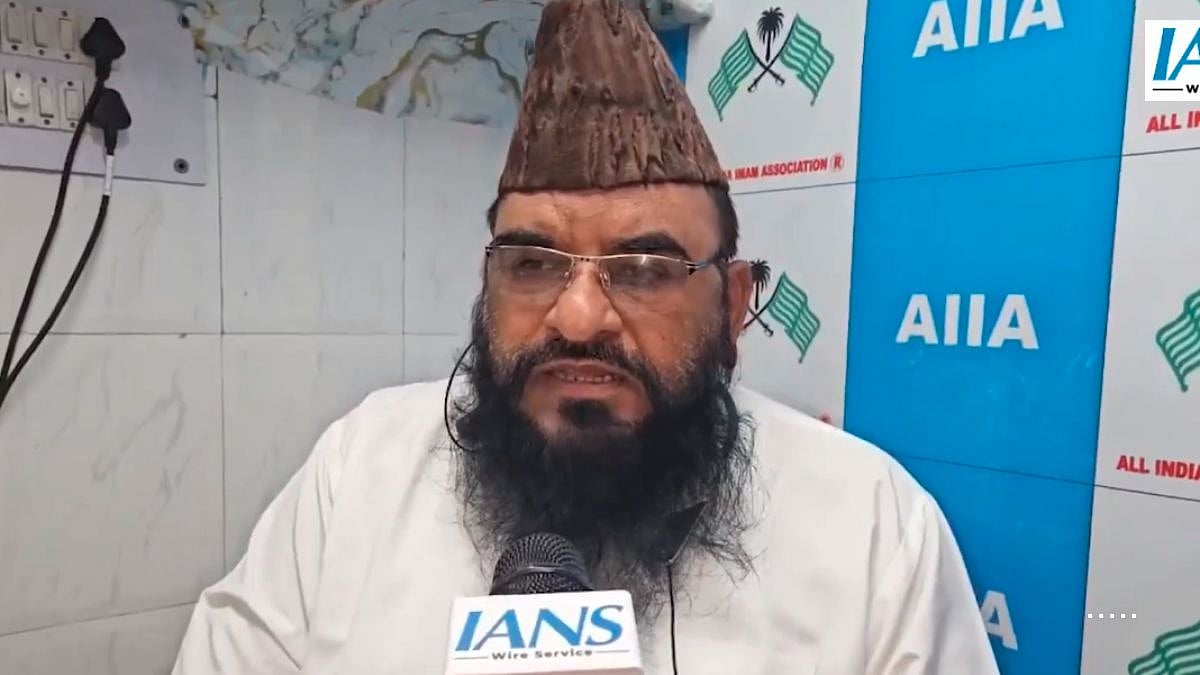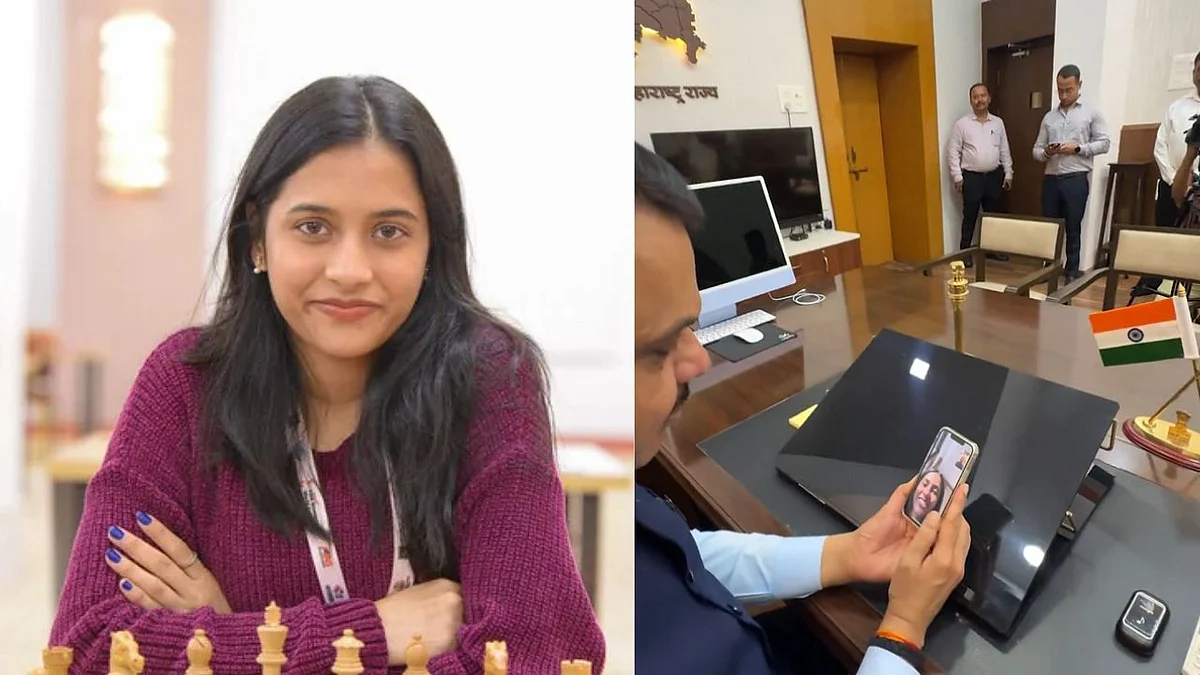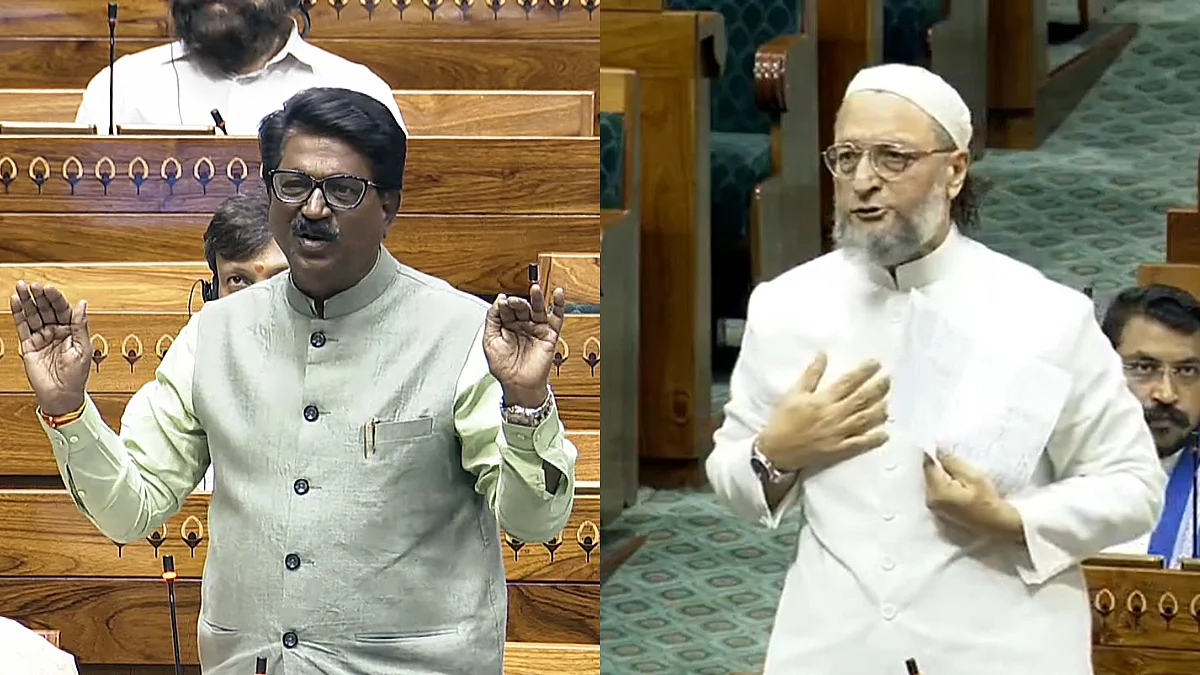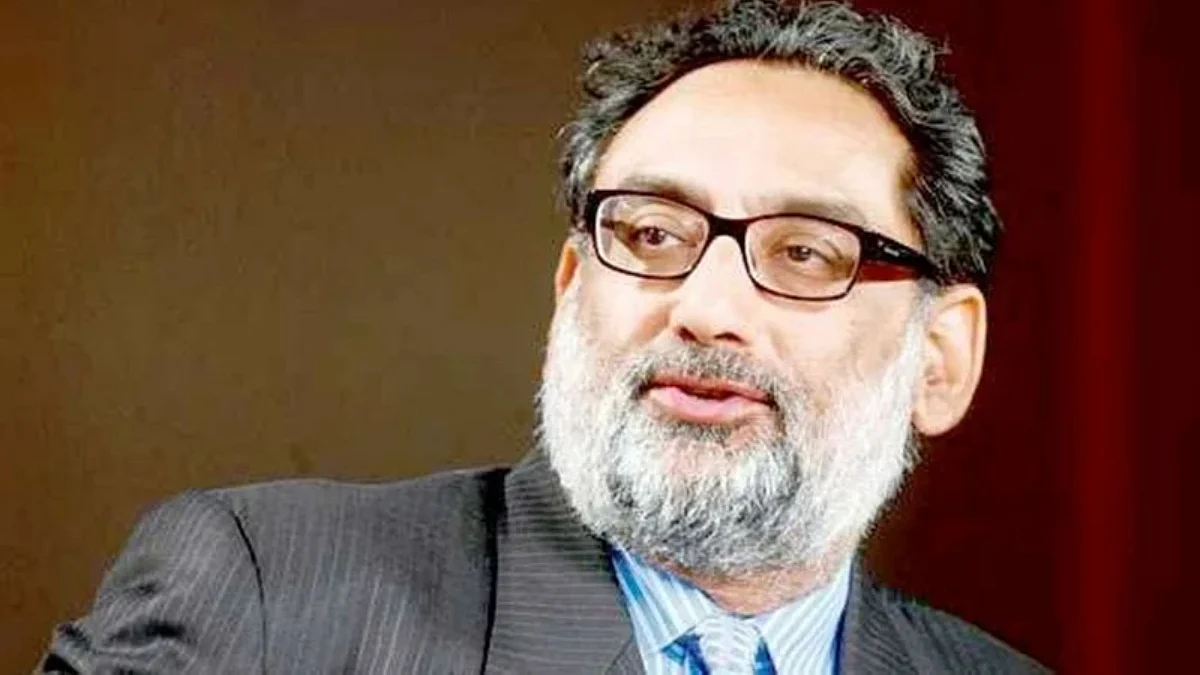Lucknow: A Muslim cleric, Maulana Sajid Rashidi, has been booked for making objectionable and inflammatory remarks against Samajwadi Party MP Dimple Yadav during a recent television debate, drawing sharp criticism from political circles and triggering legal action.
The FIR was filed on Sunday evening at the Vibhuti Khand police station in Lucknow after Samajwadi Party leader Pravesh Yadav submitted a written complaint. The remarks were allegedly made in response to Dimple Yadav’s visit to a mosque on July 26, during which Rashidi commented inappropriately on her appearance.
During the televised debate, the cleric referenced an image from her visit and said, “Look at her (Dimple Yadav’s) back. It is naked.” The comment, which quickly spread across social media platforms, was widely condemned as offensive, misogynistic, and aimed at inciting communal disharmony.
In his complaint, Pravesh Yadav accused Rashidi of making statements that were deeply derogatory to women and intended to provoke unrest. He alleged that the cleric's language and tone were not only anti-women but also anti-national in nature, suggesting that such rhetoric posed a direct threat to India’s secular and democratic fabric. According to Yadav, the remarks were a deliberate attempt to demean an elected woman representative and inflame religious sentiments for political or ideological gain.
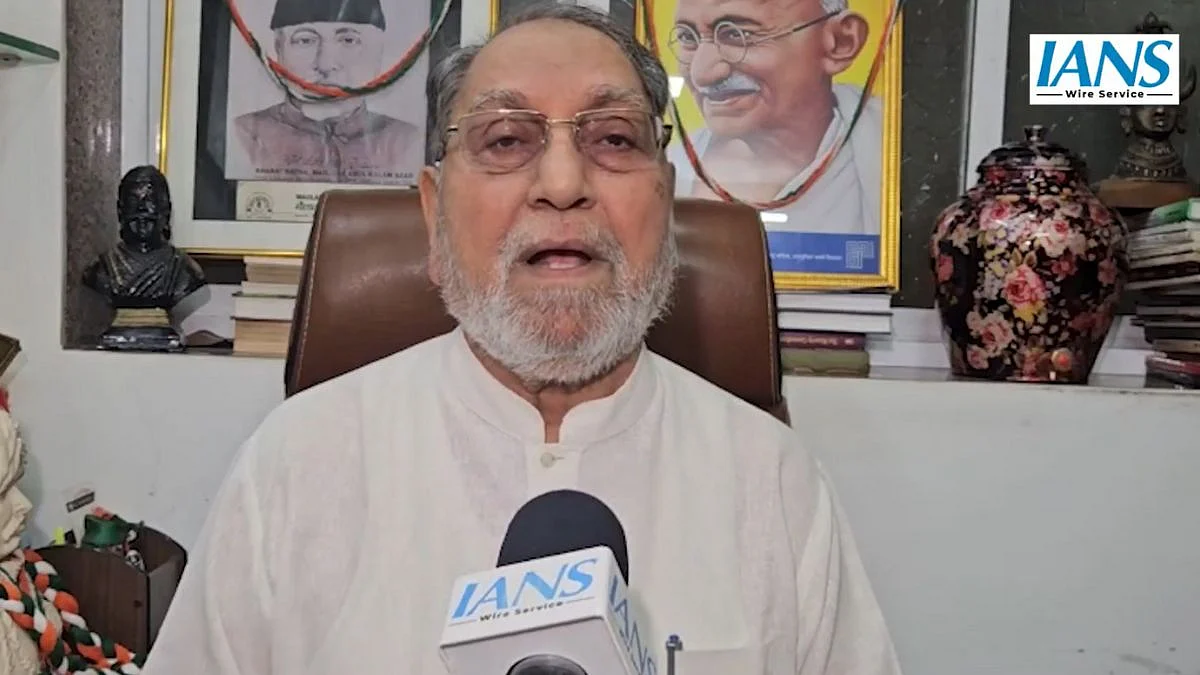
The FIR has been registered under multiple sections of the Bharatiya Nyaya Sanhita (BNS), including provisions for insulting the modesty of a woman, promoting enmity between different communities, and making assertions prejudicial to national integration. Given that the statements were made publicly and circulated widely on digital platforms, relevant sections of the Information Technology Act have also been invoked.
Police officials confirmed that an investigation is underway and that all relevant video footage and online content are being reviewed. Authorities have assured that appropriate legal action will be taken based on the findings of the inquiry.
Political analysts say the incident underscores growing concerns over the intersection of religion, gender, and politics in India’s increasingly polarized public discourse. Dr. Rehan Anwar, a political commentator, said that the remarks were not just a personal attack but a “communal flashpoint wrapped in misogyny,” and warned that such language has dangerous implications in a charged political climate.
Manoj Bhadra, a political analyst said that the episode reflects a larger trend where women in politics—especially those who cross into spaces traditionally dominated by men or religion—are often subjected to targeted abuse. He added that the FIR may serve as a necessary legal precedent, but it also reveals the deep-rooted challenges in ensuring gender dignity and maintaining communal harmony.
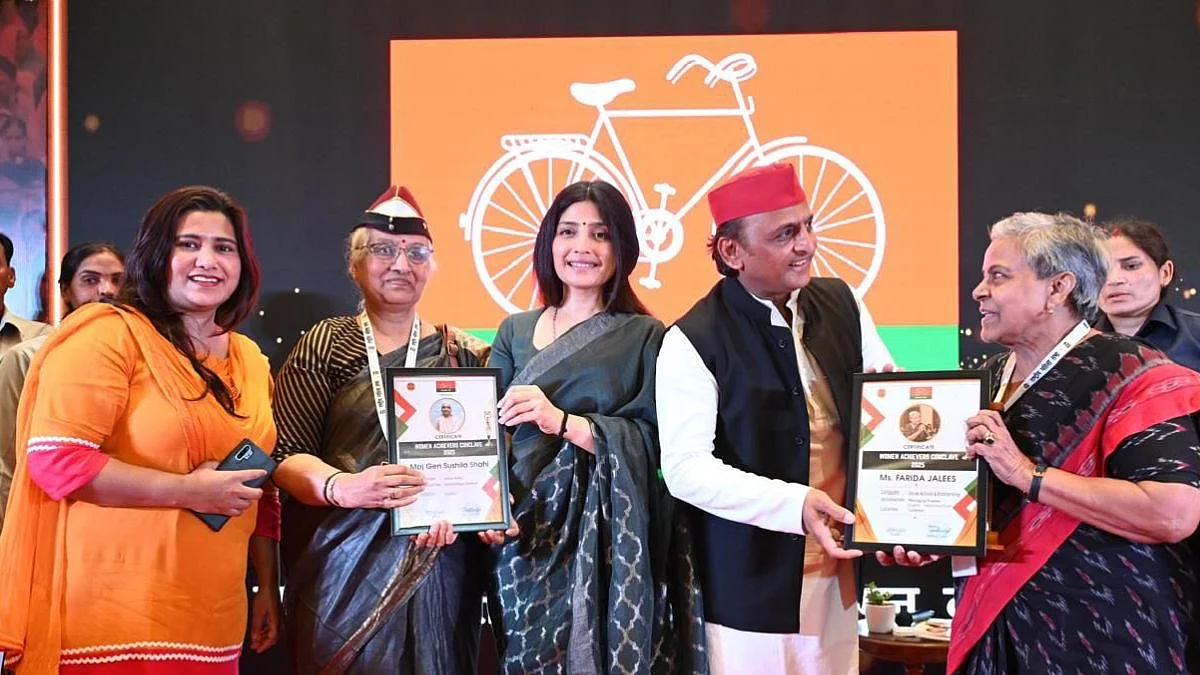
The Samajwadi Party has demanded strict and swift action against Rashidi, stating that such acts not only insult elected representatives but also undermine the peace and unity of the country. The controversy continues to fuel debate on the limits of free speech, religious commentary, and digital responsibility in a democratic society.
